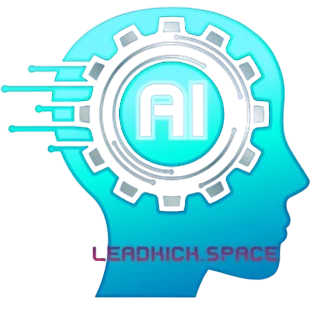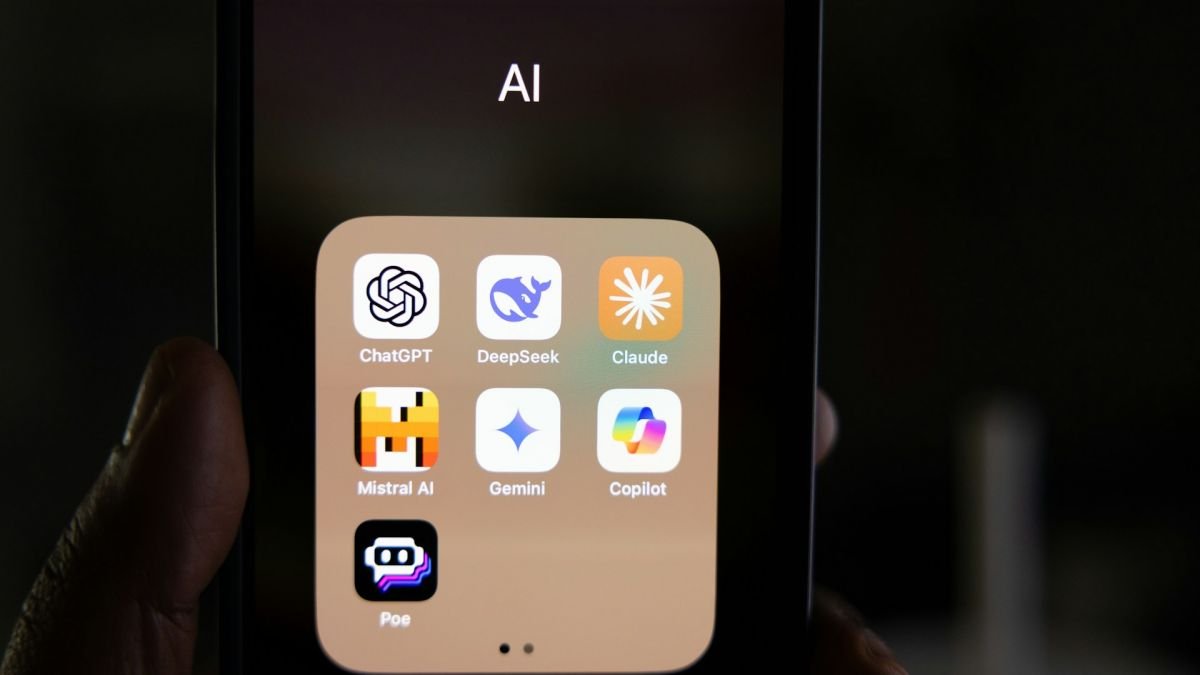Introduction to AI in Daily Life
Artificial Intelligence (AI) has increasingly become a cornerstone of modern society, significantly transforming how individuals engage with their surroundings in everyday life. This technology encompasses a wide range of applications that penetrate various sectors, including healthcare, finance, education, and entertainment. The rise of AI is not merely a trend; it represents a fundamental shift in how tasks are performed, streamlining processes and enhancing overall efficiency.
In recent years, AI applications have been integrated into common household devices, personal digital assistants, and even complex systems within organizations. These innovations not only facilitate convenience but also assist in making informed decisions faster and with higher accuracy. For instance, AI-powered algorithms can analyze vast amounts of data to generate personalized recommendations, thereby enhancing user experiences across various platforms. Such advancements underscore the capability of AI to reduce the time spent on mundane tasks, allowing individuals to focus on more meaningful activities.
AI in Health and Wellness Apps
The integration of artificial intelligence (AI) in health and wellness applications has significantly transformed how individuals approach their personal health journeys. These innovative AI-driven fitness apps, mental health chatbots, and nutrition trackers empower users to take charge of their well-being through enhanced personalization and real-time data analysis. As a result, individuals are now more informed and motivated to maintain healthy lifestyles.
Fitness applications featuring AI technology have changed the landscape by providing personalized workout regimens tailored to individual fitness levels and goals. Apps like Fitbit and MyFitnessPal utilize advanced algorithms to analyze user data, offering insights into physical activity patterns. Such platforms encourage users to remain active by setting achievable goals while providing tracking metrics that help in monitoring progress over time.
Moreover, the emergence of mental health chatbots has made psychological support more accessible than ever. Applications such as Woebot utilize AI to engage users in cognitive-behavioral therapy techniques, providing timely assistance for managing stress, anxiety, or depression. These chatbots are programmed to understand user emotions and sentiments, allowing them to deliver relevant support and coping strategies tailored to individual needs.
Nutrition tracking has also seen remarkable advancements due to AI. Platforms like Lifesum and Noom analyze dietary habits and offer personalized meal plans based on individual preferences and nutritional requirements. These AI-powered nutrition apps assist users in making informed dietary choices by tracking caloric intake, suggesting healthier alternatives, and providing insights into food choices that align with health goals.
In conclusion, AI in health and wellness apps is revolutionizing how individuals engage with their health. The ability to track fitness, access mental health support, and receive personalized nutrition insights are just a few examples of how these technologies are shaping healthier lifestyles for users worldwide.
AI-Powered Productivity Tools
The integration of artificial intelligence (AI) into productivity tools has revolutionized the way individuals and organizations manage their time and tasks. AI-powered applications are designed to optimize work processes, enhance efficiency, and streamline workflows, making them essential for both corporate environments and personal productivity.
One notable example is smart scheduling apps, which utilize AI algorithms to analyze personal calendars and preferences. These applications can identify optimal meeting times, avoid scheduling conflicts, and even suggest locations based on user feedback or previous visits. For instance, tools like x.ai and Clara offer seamless scheduling solutions, allowing users to focus on their core responsibilities while the AI handles the logistical aspects of arranging meetings.
In addition to scheduling, automation tools such as Zapier and IFTTT (If This Then That) enable users to automate repetitive tasks across various applications. By connecting different software platforms, these tools can perform actions automatically based on predefined triggers. This not only saves time but also minimizes the risk of human error, further enhancing overall productivity.
Moreover, personalized recommendation systems play a significant role in maximizing workflow. Applications like Todoist and Notion leverage AI to analyze user behavior and preferences, suggesting task prioritization or identifying relevant resources to aid in project completion. Such insights empower users to make informed decisions about their workloads, ensuring that critical tasks receive the attention they deserve.
The transformative potential of AI-powered productivity tools is evident across various sectors. Organizations can experience improved collaboration, increased employee satisfaction, and heightened efficiency, while individuals can achieve better work-life balance and enhanced personal effectiveness. As AI technology continues to evolve, its impact on daily productivity will undoubtedly expand, bringing forth new tools and solutions that further refine our workflows.
AI Enhancing Communication and Social Connections
Artificial Intelligence (AI) has become a pivotal force in reshaping how individuals communicate and forge social connections. By integrating AI applications into daily interactions, users can experience a more seamless and enriched communication process. Language translation tools, powered by AI, offer unprecedented opportunities for overcoming language barriers. These applications allow users from diverse linguistic backgrounds to converse effortlessly, facilitating global discussions and nurturing deeper relationships. For instance, platforms like Google Translate and Microsoft Translator utilize advanced machine learning algorithms to provide real-time translations, thus fostering inclusive dialogues across different cultures.
Furthermore, communication assistants, such as chatbots and virtual assistants, enhance user experience by offering personalized responses and timely information. Services like Apple’s Siri and Amazon’s Alexa are examples of AI-driven assistants that not only enhance productivity but also enable more meaningful interactions through voice recognition and natural language processing. By understanding context and user preferences, these applications can facilitate better communication, making everyday tasks less tedious and more pleasant.
Social media platforms also harness AI algorithms to tailor content and interactions to users’ interests. By analyzing user behavior and preferences, AI-driven systems curate feeds that enhance engagement and connection among users. For example, Facebook and Instagram utilize AI to provide personalized content recommendations, ensuring that users remain connected to relevant discussions and communities that resonate with their interests. Such algorithms play a substantial role in creating a sense of belonging, helping individuals to connect over shared ideas and experiences.
Through these innovative AI applications, users can experience enhanced communication and strengthened social connections. As technology continues to evolve, we can anticipate even more groundbreaking tools that will further enrich our interpersonal interactions.


No responses yet